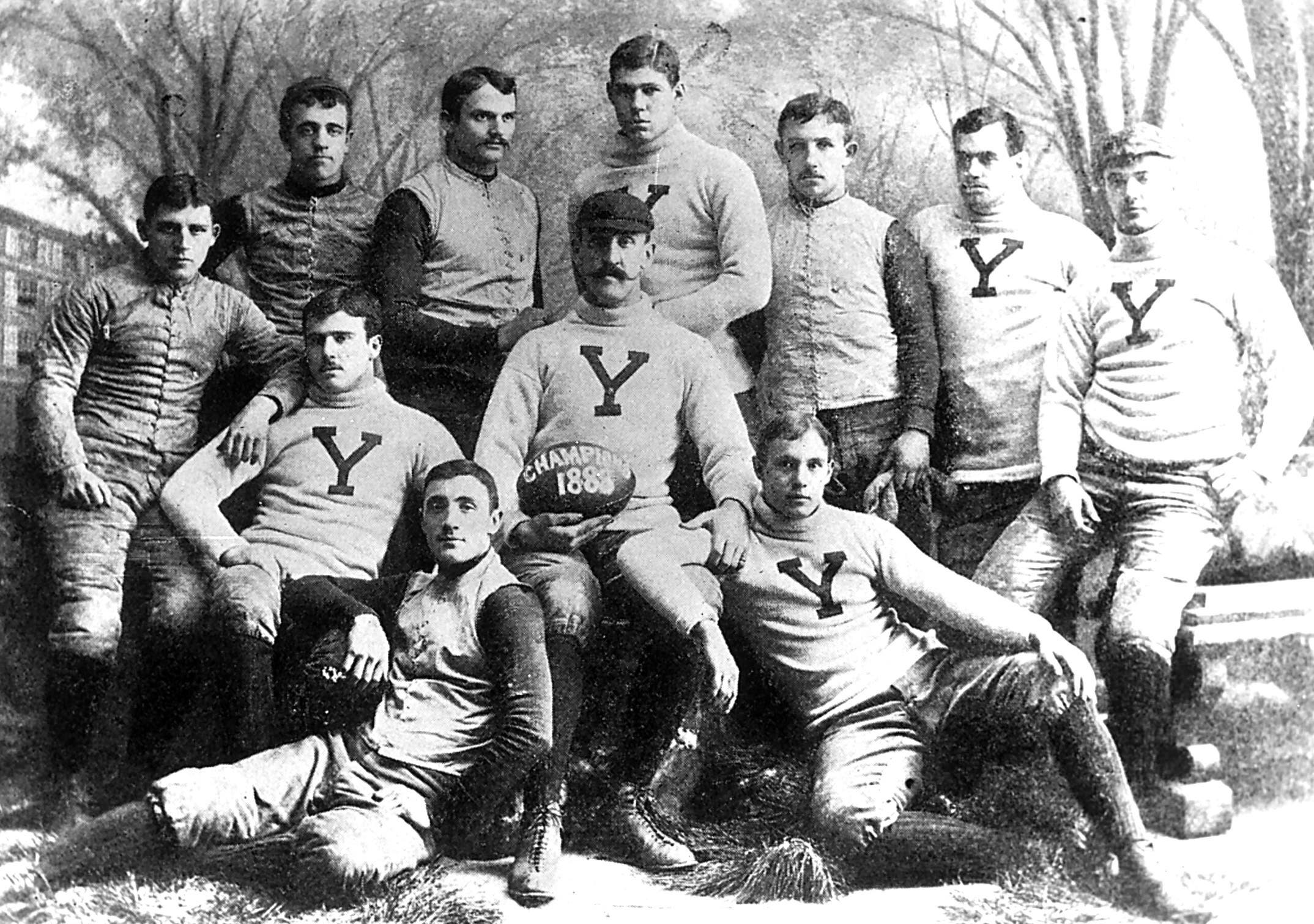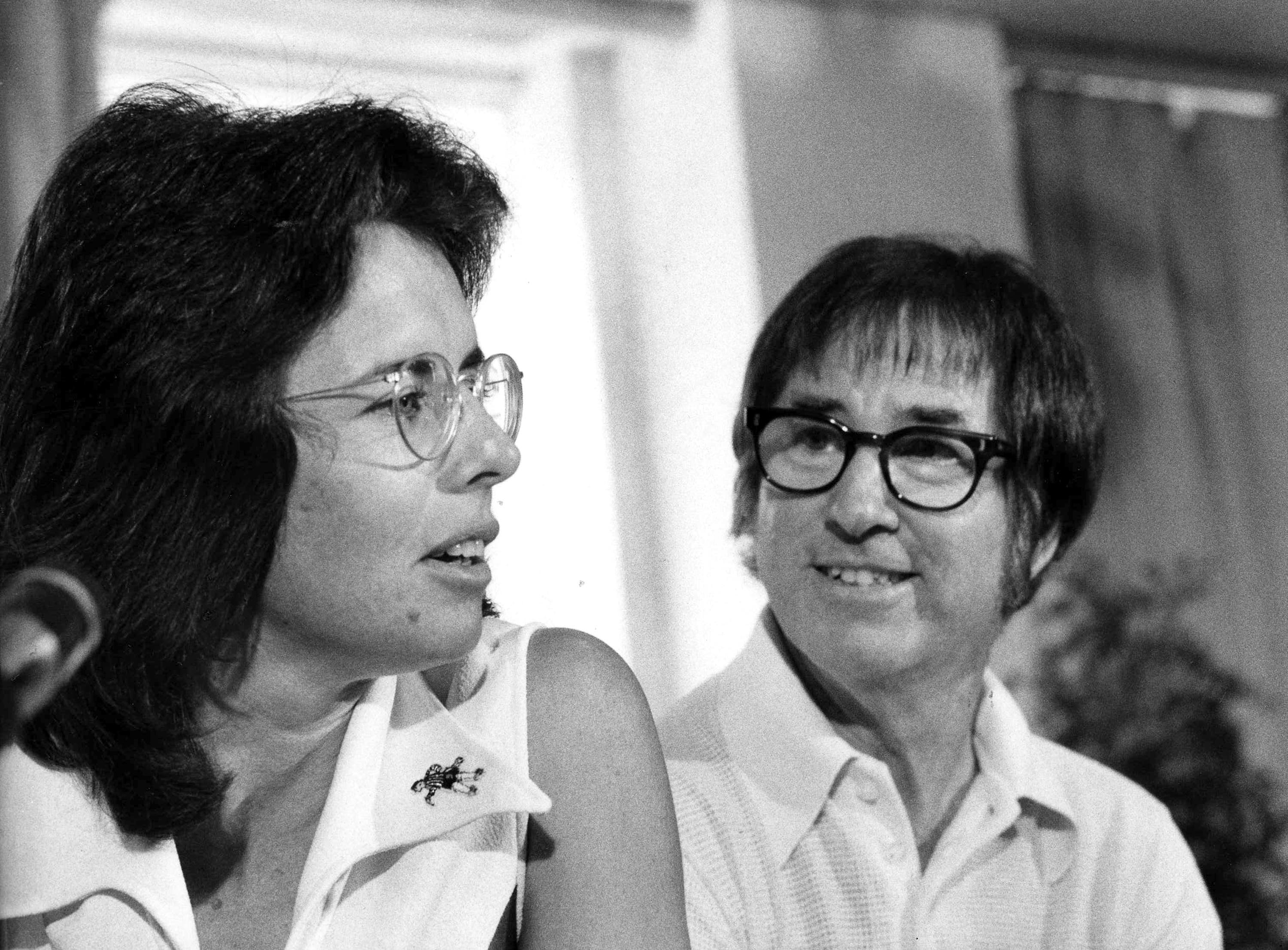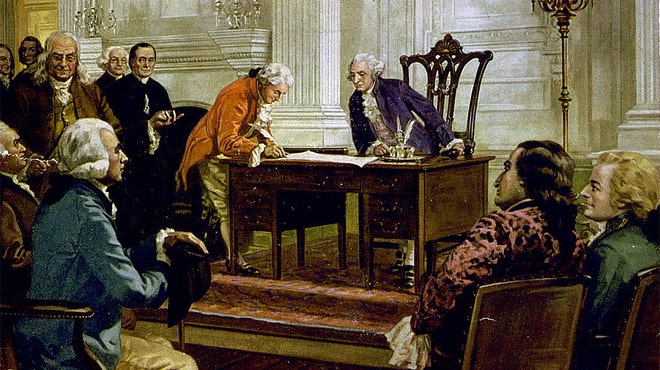You’ve seen us on screen, but have you ever wondered what we’re like off-camera?
For the last few months, I’ve enjoyed checking in with some of your favorite Fox personalities to learn more about who they are behind the scenes.
What’s the one thing Jesse Watters couldn’t live without? What’s Bill Hemmer’s favorite Halloween costume? And what’s sitting on Greg Gutfeld’s nightstand?
But that’s not all! The fun is just getting started.
This week, we’re excited to shine the spotlight on Dr. Marc Siegel. A Fox News medical contributor since 2008, he is a clinical professor of medicine and practicing internist at NYU Langone Medical Center in New York City.
He contributes insights and observations to an array of health stories as well.
Dr. Siegel has interviewed top experts about the COVID-19 pandemic, including the directors of HHS, NIH, CDC, FDA, NIAID and AMA. He is the author of six books, including, most recently,“COVID: The Politics of Fear and the Power of Science,”as well as”False Alarm: the Truth about the Epidemic of Fear,” “Bird Flu: Everything You Need to Know about the Next Pandemic,” and “Swine Flu: the New Pandemic.”
P.S. We have so much more in store for you.Stay tuned each week for new editions of “Short Questions with Dana Perino” — and if there’s a question you want answers to or a suggestion for the person I should interview next, leave a note in the comments section below.
In a conversation with Dana Perino of Fox News Channel, Dr. Marc Siegel, a medical contributor, said the traits needed for effective leadership in medicine include “empathy and compassion, kindness, and belief in others. Resistance to the politicization of science, as well.” (Fox News)
Q: When you were little, what did you want to be when you grew up? Did you always know you wanted to be a doctor — or what drew you to the medical field?
MS: I wanted to be a writer from early childhood. My first essay, which won a statewide contest when I was 10 years old, was “The Diligence and Frugality of Benjamin Franklin.”
I only decided to be a doctor a few years after college. One of my best friends left his research job to go to med school and I took his place at Stonybrook Hospital, writing poetry and looking out over Long Island Sound while the experiments to measure nitrogen were ongoing.
I used the time to take the pre-med courses I needed and decided to combine the two careers. They work well together, as writing is insular and medicine is more “in the world.”
Q: What are your thoughts on the role of technology in medicine today? What innovation excites you the most?
MS: I think technology is in an extraordinarily expansive phase.
I am excited by both AI and neurolink.
I am pretty sure we can harness AI as a medical co-pilot, but am concerned neurolink could get beyond our control (“Manchurian Candidate”).
Q: What traits do you think are essential for effective leadership in the medical field?
MS: Empathy and compassion, kindness, and belief in others.
Resistance to the politicization of science, as well.
Q: You have a background in medicine, but also in front of the camera. How do you balance these two worlds, and what skills from your medical training do you find most useful in your TV work?
MS: The TV work causes me to research and read a lot. Also, to interview other experts who keep me informed.
Communication skills can be transferred between both. Learning how to talk to my patients about new treatments, vaccines, prevention and more can also translate in front of the camera.
The difference is the split-second timing you need on TV, but you learn that over time, especially with the help of great producers.
Q: After experiencing the coronavirus pandemic, how do you think our society is better prepared now for future global crises? What key lessons have we learned?
MS: We should have learned not to be dogmatic and to evolve as the information evolves.
I don’t think we have really learned that, unfortunately.
We learned that rapid testing and an effective therapeutic and a flexible vaccine program are crucial.
Technology continues to advance in terms of vaccine science and we will have more universal vaccines soon. I continue to worry about the risks of certain “gain of function” research.
We also still haven’t learned a system of global cooperation and sharing of information. Certainly the pandemic should have taught us this.
But no pandemic treaty in the world will overcome politics and hoarding of both information and supplies. Poor countries suffer and richer countries are better prepared. PEPFAR is a jewel that has made an enormous impact in the worldwide scourge of HIV. We need more programs like it.
Q: Moving away from medicine for a moment, what’s the most memorable concert or musical performance you’ve ever attended?
MS: I like opera. I remember when my friend Bill Bolcom’s “View From the Bridge” opened in Chicago.
I was invited to the opening along with Arthur Miller, of course, and my friend Arnold Weinstein, who wrote the lyrics, and E.L. Doctorow.
Also loved when “Ragtime” opened as a musical in Toronto and my wife andI went there with Edgar Doctorow and his family.
Q: What is one thing you wish you knew when you were younger?
MS: That you really have to be careful what you say to people — and be slow to trust.
My wife, who is from Moscow, has been trying to teach me that for over 25 years, but I am stilltoo slow to learn. On the other hand, I continue to be inspired by people who are giving.
You gave me, Dana, one of the greatest gifts, an introduction to President Bush 43. It was a high point of my life and still is. You did not have to do that.
Q: If you could hop on a plane right now and go anywhere in the world, where would you go and why?
MS: I love northern Scotland, though I was there recently and think the bridge to the Isle of Skye has partly ruined one of the most beautiful sights in the world.
But the Lochs north of Inverness are still spectacular.
I think Stuart Varney saved my life. Last time I went, I asked him what his best tip for a driver was, and he said, “Watch out for the roundabouts.” And he was right. Americans are expecting cars to come from the opposite direction than they do.
Q: What do you love most about working for Fox News?
MS: We have the best camera people, producers and technical staff anywhere. High professionals.
I like the friendships I have made, including with you.
Q: For each of the following medical statements, would you reply “fact” or “fiction”?
“I’m relatively healthy. I don’t need a primary care doctor (PCP).”
MS: You need to focus on prevention — and a primary care doctor can help you keep you in tune with screening and healthier choices.
“An apple a day keeps the doctor away.”
MS: Apples are quite good for you, actually.
They have a lot of fiber and are nutritious.
“Does gum really take 7 years to digest?”
MS: No. That’s a complete myth, though young children could possibly get gum caught in the intestines. But it’s very unlikely.
“Eating carrots improves your eyesight.”
MS: Carrots do contain beta-carotene, which makesVitamin A — which is good for visionand accommodating to darkness. But it is also found in other food such as milk, cheese and eggs.
So it is partly true.
“Going out in the cold weather can give you a cold.”
MS: It won’t give you a cold, but it can make you more susceptible to viruses that are around.
There is one study in which people who put their feet in a bucket of ice water got more colds. The chill doesn’t cause a cold — but it does make you more susceptible to respiratory viruses that are around.
“Ingesting pickle juice can relieve muscle cramps within minutes.”
MS: There is no experimental evidence, but it is possible because it is high in electrolytes and the cramps can come from a loss of electrolytes (including potassium) during exercise.
But eating a banana or drinking Gatorade is probably better. I don’t think the acidity of pickle juice is good, as it can cause abdominal discomfort.
“The skin is the largest organ in the body.”
MS: True.
CLICK HERE TO SIGN UP FOR OUR LIFESTYLE NEWSLETTER
To read all of Dana Perino’s earlier “Short Questions” interviews for Fox News Digital, check out this (long) list!
For her interview with Taylor Riggs, click here.
For her interview with Griff Jenkins, click here.
For her interview with Joe Concha, click here.
For her interview with David L. Bahnsen, click here.
For her interview with Dagen McDowell, click here.
For her interview with Lydia Hu, click here.
For her interview with Brian Brenberg, click here.
For her interview with Jackie DeAngelis, click here.
For her interview with Claudia Cowan, click here.
For her interview with Max Gorden, click here.
For her interview with Jared Cohen, click here.
For her interview with William La Jeunesse, click here.
For her interview with Matt Finn, click here.
For her interview with Rich Edson, click here.
For her interview with Gov. Chris Sununu, click here.
For her interview with Ross Rayburn, click here.
For her interview with Mark Meredith, click here.
For her interview with Emily Compagno, click here.
For her interview with Chad Pergram, click here.
For her interview with Mike Emanuel, click here.
For her interview with Gillian Turner, click here.
For her interview with Madison Alworth, click here.
For her interview with Nate Foy, click here.
For her interview with Laura Ingraham, click here.
For her interview with five New York FOX reporters, click here.
For her interview with Katie Pavlich, click here.
For her interview with Guy Benson, click here.
For her interview with Pete Hegseth, click here.
For her interview with Sandra Smith, click here.
For her interview with Nicolas Yannicelli, click here.
For her interview with Abby Hornacek, click here.
For her interview with Elise Bitter, click here.
For her interview with Brian Kilmeade, click here.
For her interview with Kennedy, click here.
For her interview with John Roberts, click here.
For her interview with Janice Dean, click here.
For her interview with Charles Payne, click here.
For her interview with Trey Gowdy, click here.
For her interview with Johnny “Joey” Jones, click here.
For her interview with Bill Melugin, click here.
For her interview with Jimmy Failla, click here.
For her interview with Tyrus, click here.
For her interview with Ainsley Earhardt, click here.
For her interview with Lawrence Jones, click here.
For her interview with Dr. Arash Akhavan, click here.
For her interview with Martha MacCallum, click here.
For her interview with Bret Baier, click here.
For her interview with Kayleigh McEnany, click here.
For her interview with Harold Ford Jr., click here.
For her interview with Shannon Bream, click here.
For her interview with Jessica Tarlov, click here.
For her interview with Leo Terrell, click here.
For her interview with Geraldo Rivera, click here.
For her interview with Clay Travis, click here.
For her interview with Bill Hemmer, click here.
For her interview withGreg Gutfeld, click here.
For her interview withBenjamin Hall, click here.
For her interview withJudge Jeanine Pirro, click here.
For her interview withJesse Watters, click here.
For more Lifestyle articles, visit www.foxnews.com/lifestyle.
Dana Perino currently co-anchors FOX News Channel’s (FNC) morning news program America’s Newsroom (weekdays 9-11 AM/ET) and serves as co-host of The Five (weekdays 5-6 PM/ET), the most watched program in cable news. Perino also hosts FOX News Audio’s weekly podcast Perino on Politics. She joined the network in 2009 as a contributor.




